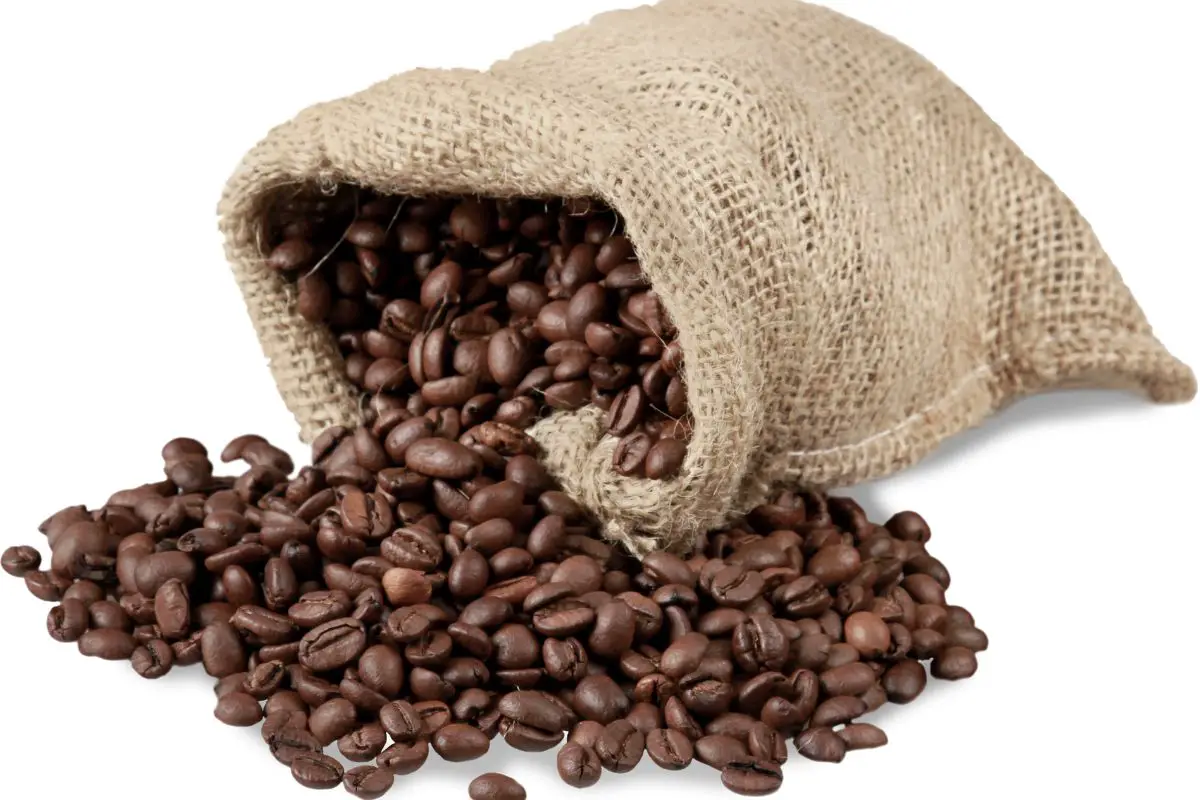Coffee is among the most consumed commodities in the world. Usually, coffee in its natural form is considered kosher since it only comes in contact with water. However, the production and processing of coffee beans determines whether coffee is kosher. When chemicals and non-kosher additives are added during the processes, the coffee is considered non-kosher.

Kosher coffee has kosher certifications as proof that the coffee is indeed 100% kosher. Additionally, kosher coffee is processed to ensure it’s pure and safe for consumption. This article will discuss everything you need to know about kosher coffee. But first, let’s take a look at what the term kosher means.
What is Kosher?
The term kosher means satisfying or adhering to the requirements of Jewish law. Usually, kosher-certified foods and beverages meet the practices or requirements of the Jewish tradition. Therefore, these foods and drinks are pure, proper, and safe for consumption by the observant Jewish people. However, not all individuals follow these traditions. Equally important, a company is considered kosher certified if a rabbi supervises the production process and ensures that the process meets strict standards.
Kosher dietary laws are broad as they provide a framework of rules on the food and beverages allowed or forbidden for consumption. Additionally, these rules outline how the permitted foods should be produced, processed, and prepared before consumption. Generally, the term kosher is used to describe food or beverage that complies with the strict Jewish dietary standards.
That said, let’s take a look at kosher coffee.
What is Kosher Coffee?
Kosher coffee refers to coffee that’s strictly made from natural ingredients without additives. Usually, when coffee is in its raw form or in the roasting process, it’s considered kosher since it’s only been in contact with water. On the other hand, when coffee is flavored or decaffeinated, it’s considered non-kosher since additives are used during these processes. For example, coffee made with java beans and water is considered kosher since it lacks extra ingredients, chemicals, or additives.
When flavoring coffee, additives such as artificial tastes are added, which makes the coffee non-kosher. Additionally, during decaffeination processes, chemicals such as ethyl acetate are used, thus making the coffee non-kosher.
Generally, chemicals, flavoring additions, or dairy are not used when making Kosher coffee. In fact, any coffee that’s mixed with non-kosher ingredients, foods, flavoring additions, chemicals, or dairy is considered non-kosher coffee.
Most Jewish people will order plain black coffee in a coffeehouse or shop since it lacks added ingredients. However, that doesn’t make all coffee with added ingredients non-kosher. Coffee can have added ingredients and still be considered Kosher coffee so long as the added ingredients align with the kosher dietary guidelines. That said, if you add kosher milk to your coffee, it’s still considered kosher coffee.
Benefits of Kosher Certification
Apart from observant Jewish people, many other people prefer kosher-certified products. These products ensure you consume pure, safe, clean, and high-quality products. Today, most people are cautious of what they’re consuming, which explains the need for high-standard foods and beverages such as kosher-certified products. Here are some general benefits of kosher certification:
- Assured food and beverage safety
- Protection from harmful food and beverage effects
- Quality guaranteed products
- Protection from risk of contamination
- Protection from potential health risks
Generally, it’s safe to consume kosher-certified coffee and other foods. The kosher certification process is more stringent compared to most government inspection agencies. Therefore, as a consumer, you’re guaranteed that kosher products are quality.
How Do I Know If My Coffee is Kosher?
Kosher coffee has a kosher certification to assure the customers that the coffee is indeed kosher. Additionally, a kosher certification shows that the farming and packaging methods are approved and in line with the kosher guidelines. However, when drinking coffee in a cafe, it’s difficult to determine whether it’s kosher. As mentioned earlier, adding extra ingredients and additives to coffee makes it non-kosher. On the other hand, adding kosher ingredients and additives still keeps the coffee kosher.
If you want to enjoy kosher coffee, consider investing in kosher-certified coffee and ingredients. Usually, kosher certifications are given to products or foods that have the whole production process surveyed- from the coffee bean picking and roasting to the packaging process. The easiest way to know if your coffee is kosher is to look for a kosher certification label on the packaging. Alternatively, you can make your coffee home since you have more control over the ingredients involved.
Is All Plain Coffee Kosher?
Unflavored plain coffee and coffee beans are considered kosher, which explains why they don’t need a kosher certification. However, flavored coffee needs a kosher certification since the flavors or additives may contain non-kosher ingredients. Additionally, decaffeinated coffee needs a kosher certification as some chemicals are used to remove caffeine from the coffee beans.